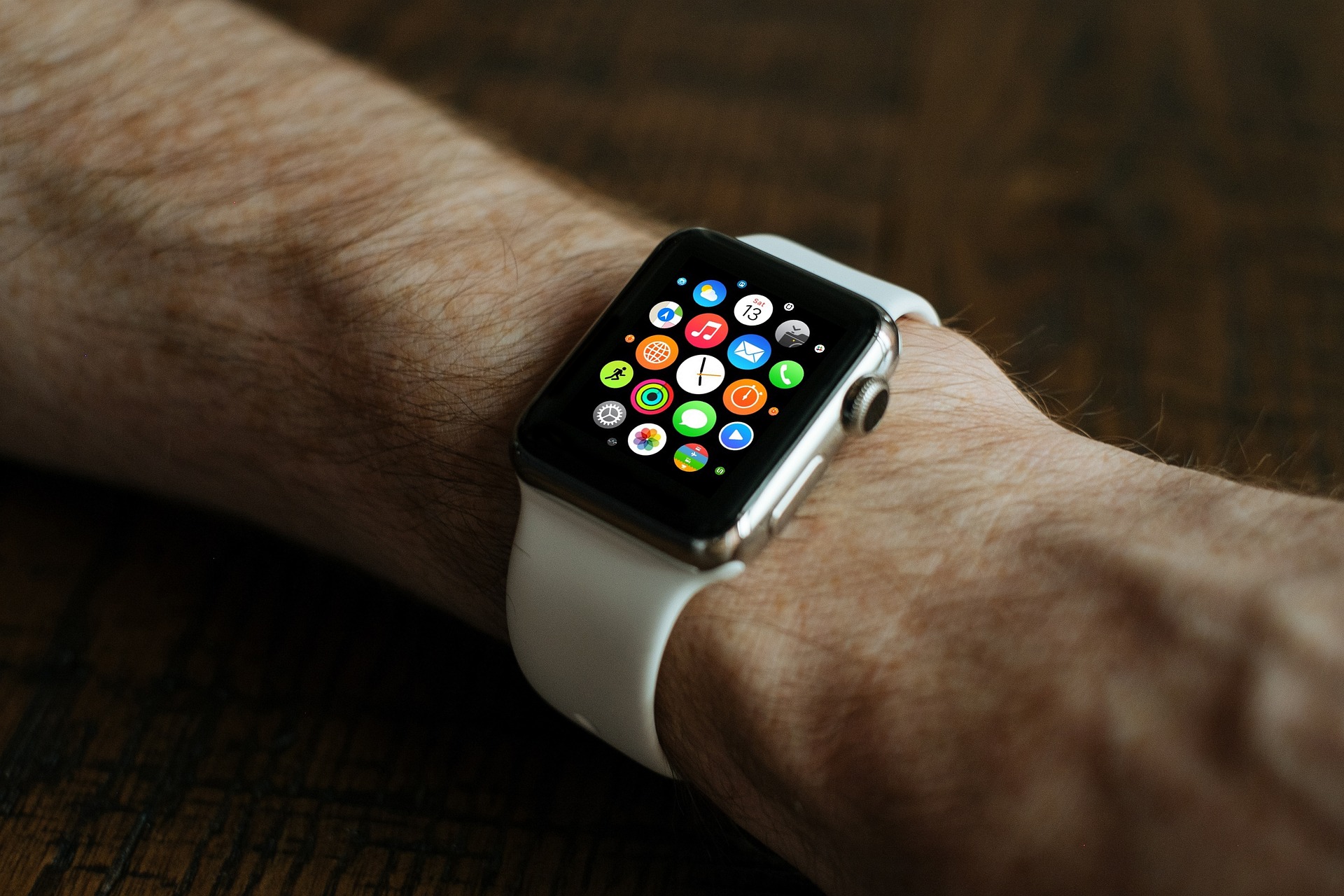As technology advances, many people turn to sleep apps and wearables to help them monitor and improve their sleep quality. These devices and apps can track your sleep patterns, provide insights into your sleep habits, and even wake you up at the optimal time during your sleep cycle. But the question remains: do they really help you sleep better?
The short answer is that it depends. While sleep apps and wearables can be useful tools for tracking and monitoring your sleep, they are not a magic solution for poor sleep habits. In fact, relying too heavily on technology can sometimes backfire and even cause more sleep problems.
One potential downside of sleep apps and wearables is that they can create unnecessary stress and anxiety about sleep. If you become fixated on the data provided by these devices, you may start to worry excessively about how much or how well you are sleeping. This stress can, in turn, lead to difficulty falling or staying asleep, creating a vicious cycle.
Another potential issue with sleep apps and wearables is that they may not be entirely accurate. While many devices use sensors to track your movements and measure your heart rate, these measurements may not always be precise. Additionally, sleep stages are not always straightforward to distinguish, and different devices may use different algorithms to categorize sleep stages.
However, despite these potential drawbacks, sleep apps and wearables can be helpful when used in moderation and in combination with healthy sleep habits. If you struggle with getting enough sleep, using a sleep app or wearable to track your sleep patterns can help you identify areas for improvement. By tracking your sleep, you can also establish healthy sleep routines and experiment with changes to your sleep environment or habits to see what works best for you.
To make the most of sleep apps and wearables, here are a few tips to keep in mind:
- Don’t become too fixated on the data. It’s essential to remember that sleep apps and wearables provide estimates of your sleep, not exact measurements.
- Use the data to make informed decisions. For example, if you notice that you consistently have difficulty falling asleep after using your phone before bed, you may want to try avoiding screens for a few hours before sleeping.
- Balance the use of technology with healthy sleep habits. Focus on establishing a consistent sleep schedule, creating a comfortable sleep environment, and practicing relaxation techniques to help you fall asleep more easily.
In conclusion, sleep apps and wearables can be useful tools for monitoring and improving sleep quality, but they are not a magic solution to sleep problems. When used in moderation and in combination with healthy sleep habits, they can be a valuable aid in achieving a better night’s sleep.
